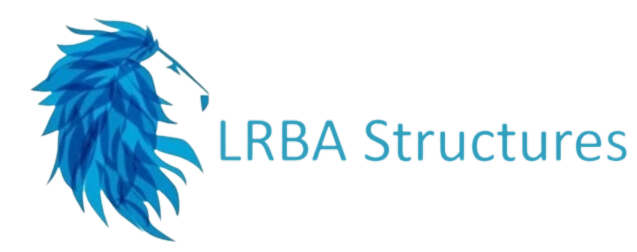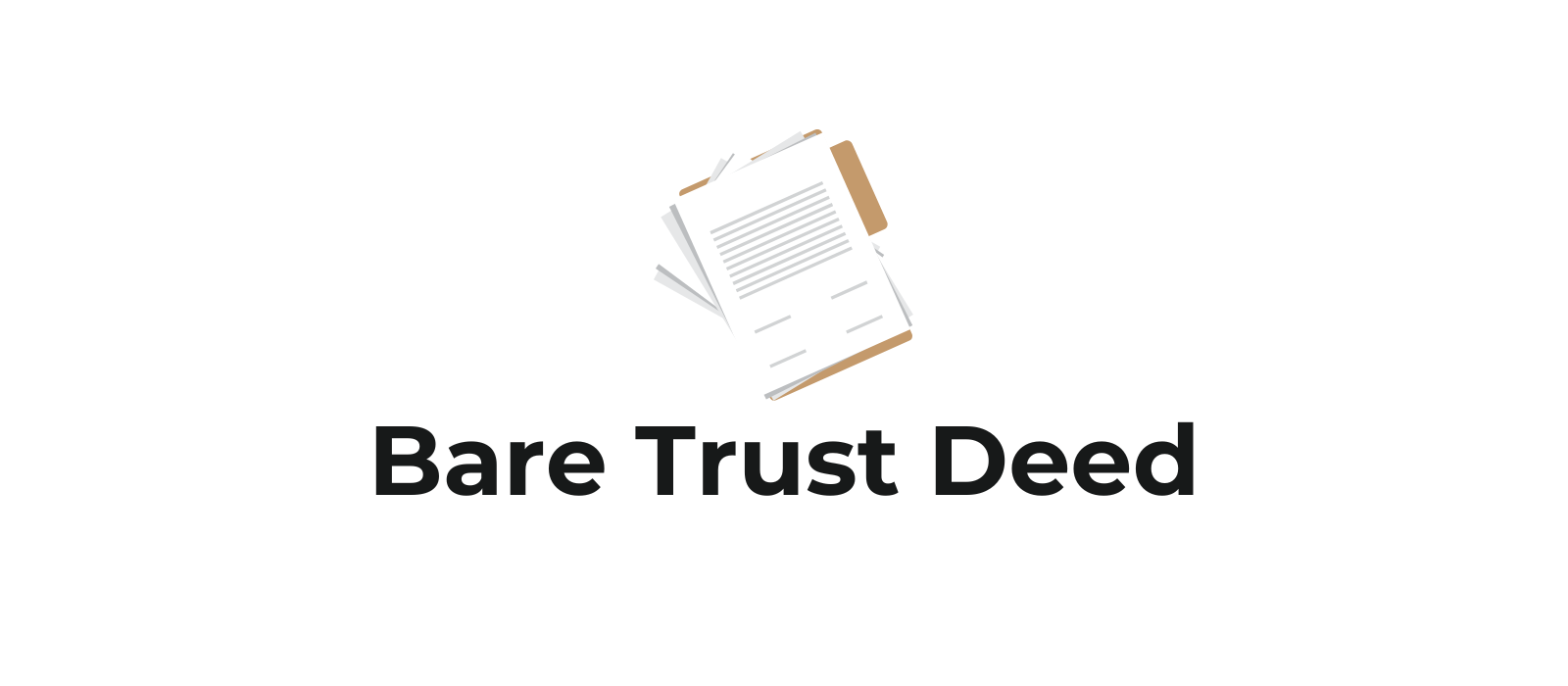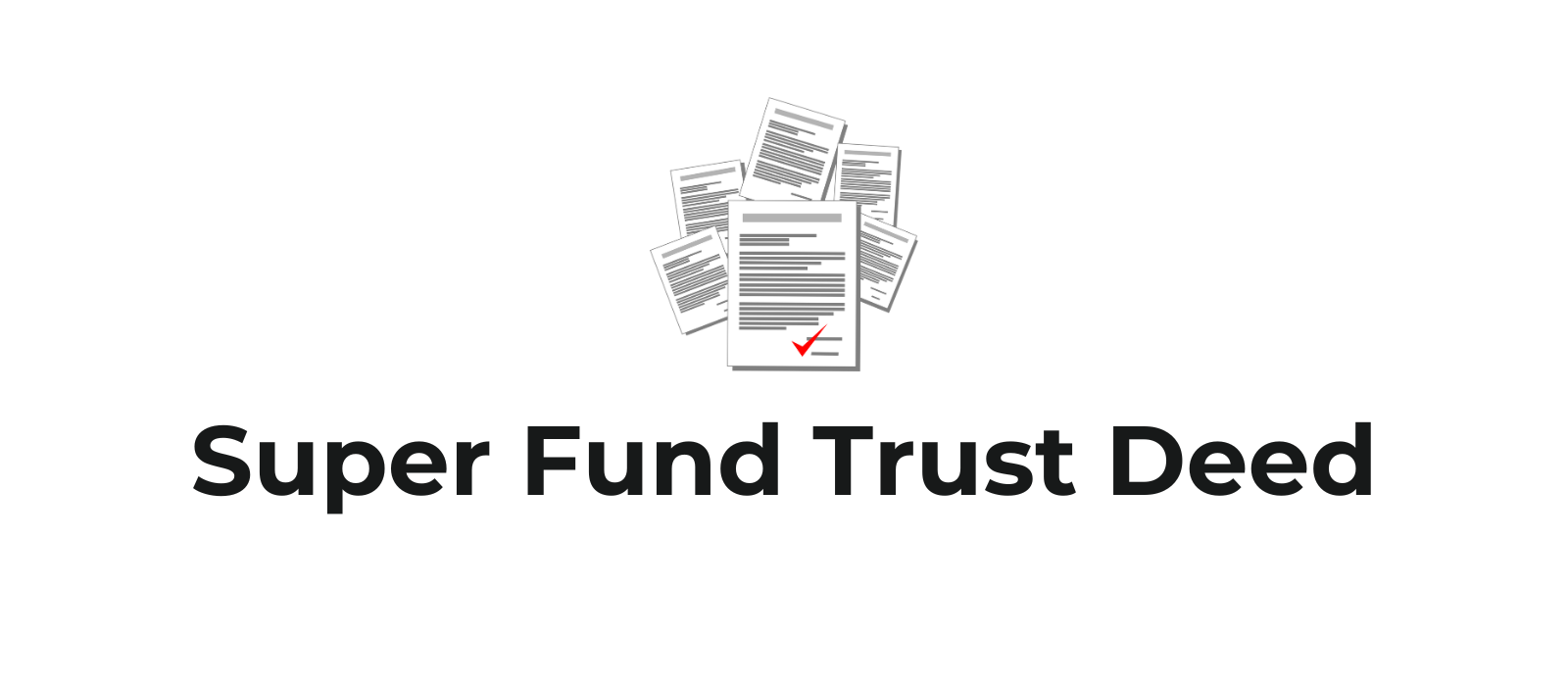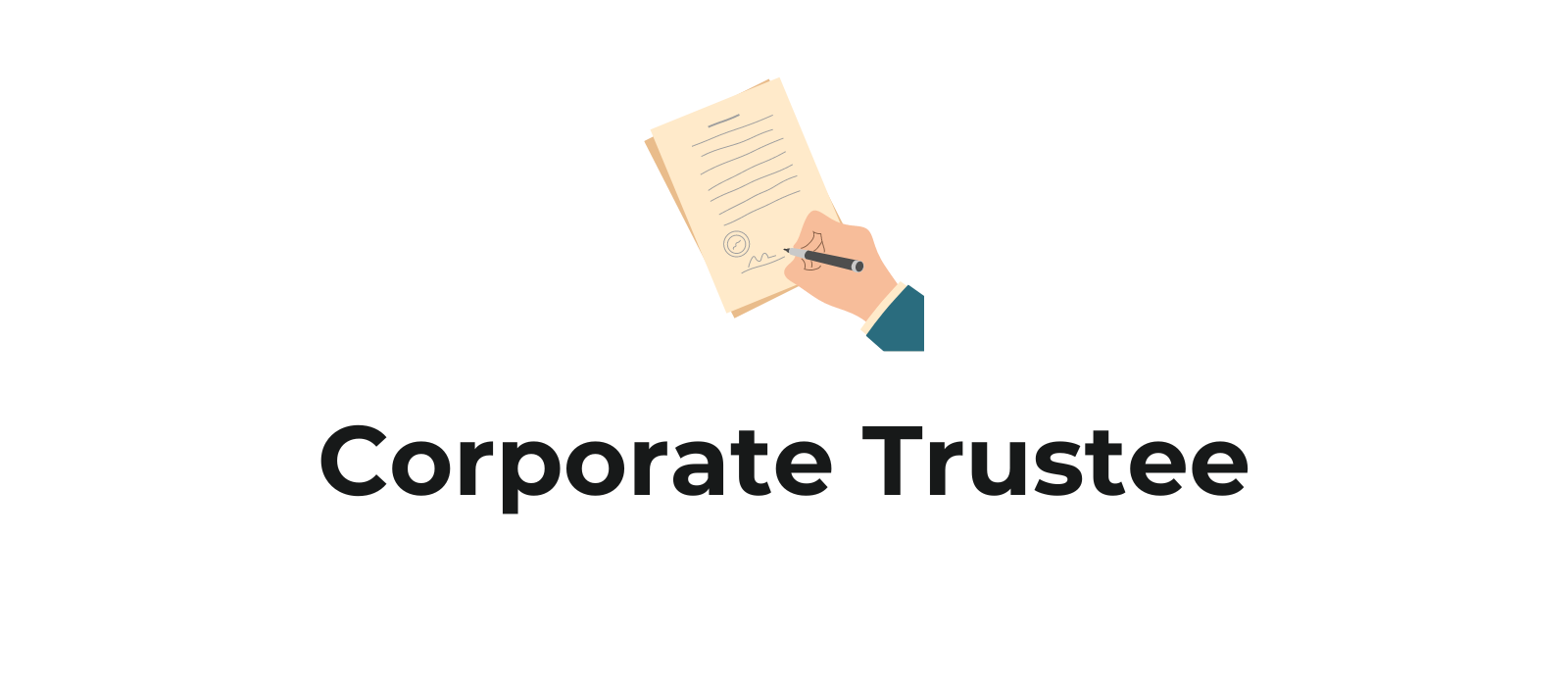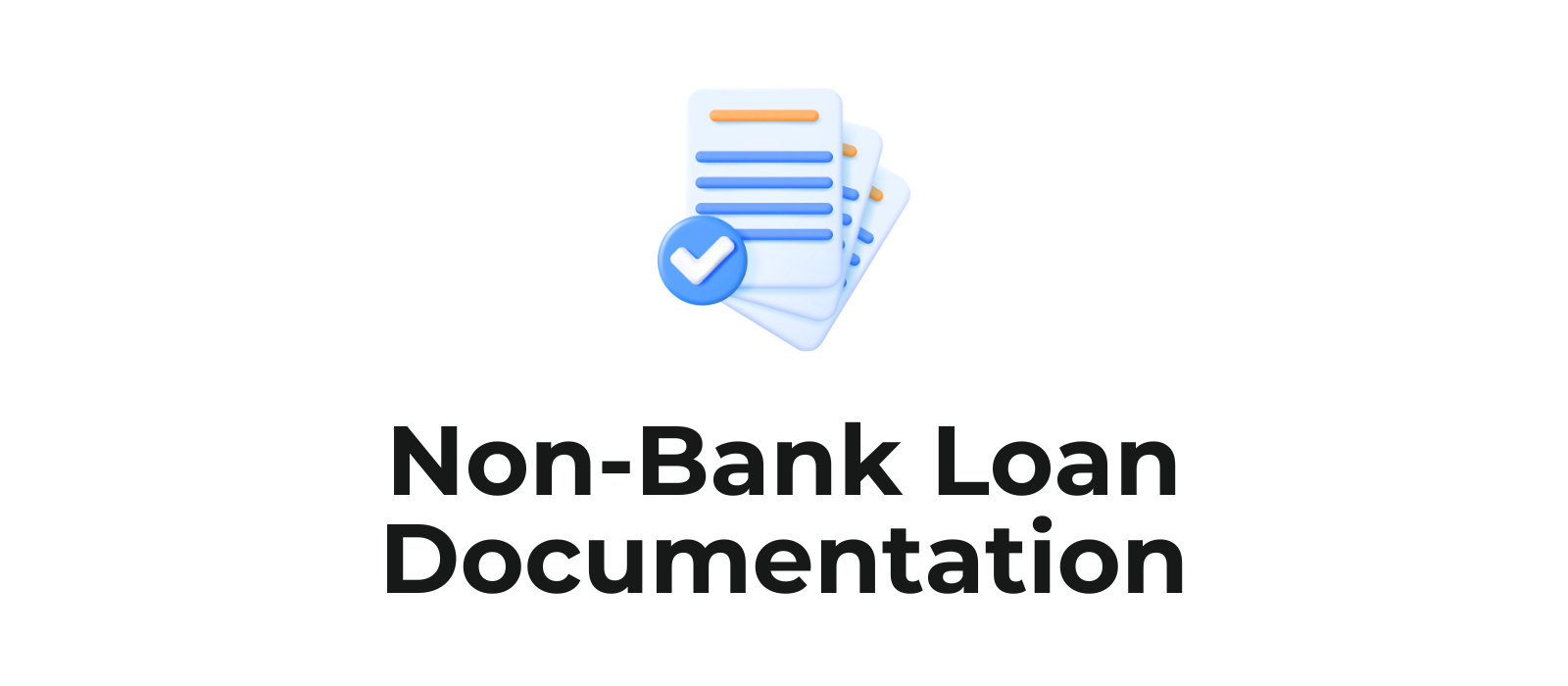Experts in LRBA Services
Supplier to National Tax & Accountants Association (NTAA)
& CPA Members since 2007
Experts in LRBA Services
Supplier to National Tax & Accountants Association (NTAA)
& CPA Members since 2007
Did you know...
The SIS (Superannuation Industry Supervision) Act 1993 once prohibited a Self Managed Superannuation Fund (‘Super Fund’) from borrowing money to purchase assets.
Amendments to the SIS Act were introduced to allow Super Fund’s to invest in any kind of asset and to borrow, charging those assets so long as there is no recourse for the borrowing against the Super Fund.
Section’s 67A & 67B of the SIS Act permit a Super Fund to borrow money if:
(a) the money borrowed is applied for the purchase of an asset;
(b) the asset is held on trust so that the Super Fund acquires a beneficial interest;
(c) the Super Fund has the right to acquire legal ownership by making payment;
(d) the rights of the lender against the Super Fund for default are limited to the security.
The most common asset purchased is either residential or commercial property, however the Super Fund can also acquire other types of assets such as ASX listed shares, company shares, Bitcoin etc.
The Super Fund can borrow from a commercial lender, or even from a member of the Super Fund.

Did you know...
The SIS (Superannuation Industry Supervision) Act 1993 once prohibited a Self Managed Superannuation Fund (‘Super Fund’) from borrowing money to purchase assets.
Amendments to the SIS Act were introduced to allow Super Fund’s to invest in any kind of asset and to borrow, charging those assets so long as there is no recourse for the borrowing against the Super Fund.
Section’s 67A & 67B of the SIS Act permit a Super Fund to borrow money if:
(a) the money borrowed is applied for the purchase of an asset;
(b) the asset is held on trust so that the Super Fund acquires a beneficial interest;
(c) the Super Fund has the right to acquire legal ownership by making payment;
(d) the rights of the lender against the Super Fund for default are limited to the security.
The most common asset purchased is either residential or commercial property, however the Super Fund can also acquire other types of assets such as ASX listed shares, company shares, Bitcoin etc.
The Super Fund can borrow from a commercial lender, or even from a member of the Super Fund.


The importance of precise documentation
Ever since the Superannuation Industry (Supervision) Act 1993 (SIS Act) was amended, LRBA Structures has been establishing the Bare Trust Deed documentation that accompanies Limited Recourse Borrowing Arrangements.
In order for a Super Fund to purchase an investment property and borrow money, it will be necessary to have a special legal structure in place.
The Bare Trust Deed is a key component within the legal structure and extreme care is required so to ensure there are no adverse GST, taxation or stamp duty consequences.
It is estimated that 25 to 35% of legal structures fail to satisfy the lenders requirements, which quite often leads to delayed settlements and penalty interest being applied, this is as a result of the deed rules not containing specific wording/clauses that is unique to each and every lender.
You will have comfort in knowing that our deeds have adopted significant changes over the years to not only ensure SIS Act and regulatory compliance, but to also accommodate the individual requirements of the lenders.
We guarantee that our deeds will pass legal vetting by any lender, however in the rare instance that a particular lenders requirements change without notice, we will make the necessary amendments speedily, and free of charge.
We can assist with structuring the required legal structure which may include a new Super Fund or updating the governing rules of an existing fund, a new trustee company etc.
The importance of precise documentation
Ever since the Superannuation Industry (Supervision) Act 1993 (SIS Act) was amended, LRBA Structures has been establishing the Bare Trust Deed documentation that accompanies Limited Recourse Borrowing Arrangements.
In order for a Super Fund to purchase an investment property and borrow money, it will be necessary to have a special legal structure in place.
The Bare Trust Deed is a key component within the legal structure and extreme care is required so to ensure there are no adverse GST, taxation or stamp duty consequences.
It is estimated that 25 to 35% of legal structures fail to satisfy the lenders requirements, which quite often leads to delayed settlements and penalty interest being applied, this is as a result of the deed rules not containing specific wording/clauses that is unique to each and every lender.
You will have comfort in knowing that our deeds have adopted significant changes over the years to not only ensure SIS Act and regulatory compliance, but to also accommodate the individual requirements of the lenders.
We guarantee that our deeds will pass legal vetting by any lender, however in the rare instance that a particular lenders requirements change without notice, we will make the necessary amendments speedily, and free of charge.
We can assist with structuring the required legal structure which may include a new Super Fund or updating the governing rules of an existing fund, a new trustee company etc.
AS FEATURED IN
Your Investment Property Magazine
As featured in your investment property magazine, specialist Vic Bulfone gives a broad insight and a sweeping overview into various aspects of purchasing property through your Super Fund.
Topics covered in this article are:
✓ The cost and benefits
✓ Setting up the Super Fund
✓ Legal Structure
✓ Investment restrictions
✓ Borrowing money

AS FEATURED IN
Your Investment Property Magazine
As featured in your investment property magazine, specialist Vic Bulfone gives a broad insight and a sweeping overview into various aspects of purchasing property through your Super Fund.
Topics covered in this article are:
✓ The cost and benefits
✓ Setting up the Super Fund
✓ Legal Structure
✓ Investment restrictions
✓ Borrowing money

FAQ
How does my Super Fund purchase a property?
The Super Fund chooses the property it wishes to invest in, in the ordinary way. Residential property must be purchased from an arm's length vendor. Non‑residential property can be purchased for full value from "related vendors" so long as the property is let for business purposes.
The Contract for Sale to purchase the property must be entered into in the name of the Property Trustee (as owner of the legal interest in the property).
The Super Fund obtains a loan approval. The loan will be in the name of the Super Fund. The Super Fund 's own lawyer/conveyancer acts on the purchase in the ordinary way.
The Super Fund pays the deposit, stamp duty and any other associated cost’s (i.e. legal fee/s), with the balance of monies required to effect settlement funded by the bank/lender.
On completion of the purchase, the Super Fund borrows from the Lender and charges its beneficial interest in the property to the Lender, the Property Trustee mortgages the legal title to the property to the Lender.
The Property Trustee then manages the asset in the same way as you would with any other real estate investment.
Can fund members occupy Residential property?
No. If fund members or related persons occupy the property, the "in-house asset rule" will have been breached.
Can fund members occupy Commercial property?
Yes. Fund members or related persons can occupy ‘real business’ commercial property.
Who pays what and when?
As the beneficial owner of the property and the borrower of the loan, the Super Fund is responsible for paying all the usual amounts that you would expect to if you had bought an investment property and borrowed money on it outside a Super Fund. For example, the Super Fund will be required to pay the following costs, that is unless the tenant assumes responsibility for covering these costs:- council rates, water rates, and land tax (if any); interest and other loan repayments; Lender’s fees; repairs; property management costs; and insurance premiums.
What about land tax?
As the Super Fund is the beneficial owner of the property, land tax is payable by the Super Fund and not by the Property Trustee. The Super Fund will only have to pay land tax if the total land value of properties owned by the fund exceeds the prescribed amount. Land tax is payable in all States and Territories except the Northern Territory.
How can I sell the property?
The Super Fund can direct the Property Trustee to sell the property to any third party (subject to paying out the loan and any other amounts which might be outstanding).
FAQ
How does my Super Fund purchase a property?
The Super Fund chooses the property it wishes to invest in, in the ordinary way. Residential property must be purchased from an arm's length vendor. Non‑residential property can be purchased for full value from "related vendors" so long as the property is let for business purposes.
The Contract for Sale to purchase the property must be entered into in the name of the Property Trustee (as owner of the legal interest in the property).
The Super Fund obtains a loan approval. The loan will be in the name of the Super Fund. The Super Fund 's own lawyer/conveyancer acts on the purchase in the ordinary way.
The Super Fund pays the deposit, stamp duty and any other associated cost’s (i.e. legal fee/s), with the balance of monies required to effect settlement funded by the bank/lender.
On completion of the purchase, the Super Fund borrows from the Lender and charges its beneficial interest in the property to the Lender, the Property Trustee mortgages the legal title to the property to the Lender.
The Property Trustee then manages the asset in the same way as you would with any other real estate investment.
Can fund members occupy Residential property?
No. If fund members or related persons occupy the property, the "in-house asset rule" will have been breached.
Can fund members occupy Commercial property?
Yes. Fund members or related persons can occupy ‘real business’ commercial property.
Who pays what and when?
As the beneficial owner of the property and the borrower of the loan, the Super Fund is responsible for paying all the usual amounts that you would expect to if you had bought an investment property and borrowed money on it outside a Super Fund. For example, the Super Fund will be required to pay the following costs, that is unless the tenant assumes responsibility for covering these costs:- council rates, water rates, and land tax (if any); interest and other loan repayments; Lender’s fees; repairs; property management costs; and insurance premiums.
What about land tax?
As the Super Fund is the beneficial owner of the property, land tax is payable by the Super Fund and not by the Property Trustee. The Super Fund will only have to pay land tax if the total land value of properties owned by the fund exceeds the prescribed amount. Land tax is payable in all States and Territories except the Northern Territory.
How can I sell the property?
The Super Fund can direct the Property Trustee to sell the property to any third party (subject to paying out the loan and any other amounts which might be outstanding).
Supplier to National Tax & Accountants Association (NTAA)
& CPA Members since 2007
Supplier to National Tax & Accountants Association (NTAA)
& CPA Members since 2007
Privacy Policy | Terms of Service
© 2007 LRBA Structures | All rights reserved.
Privacy Policy | Terms of Service
